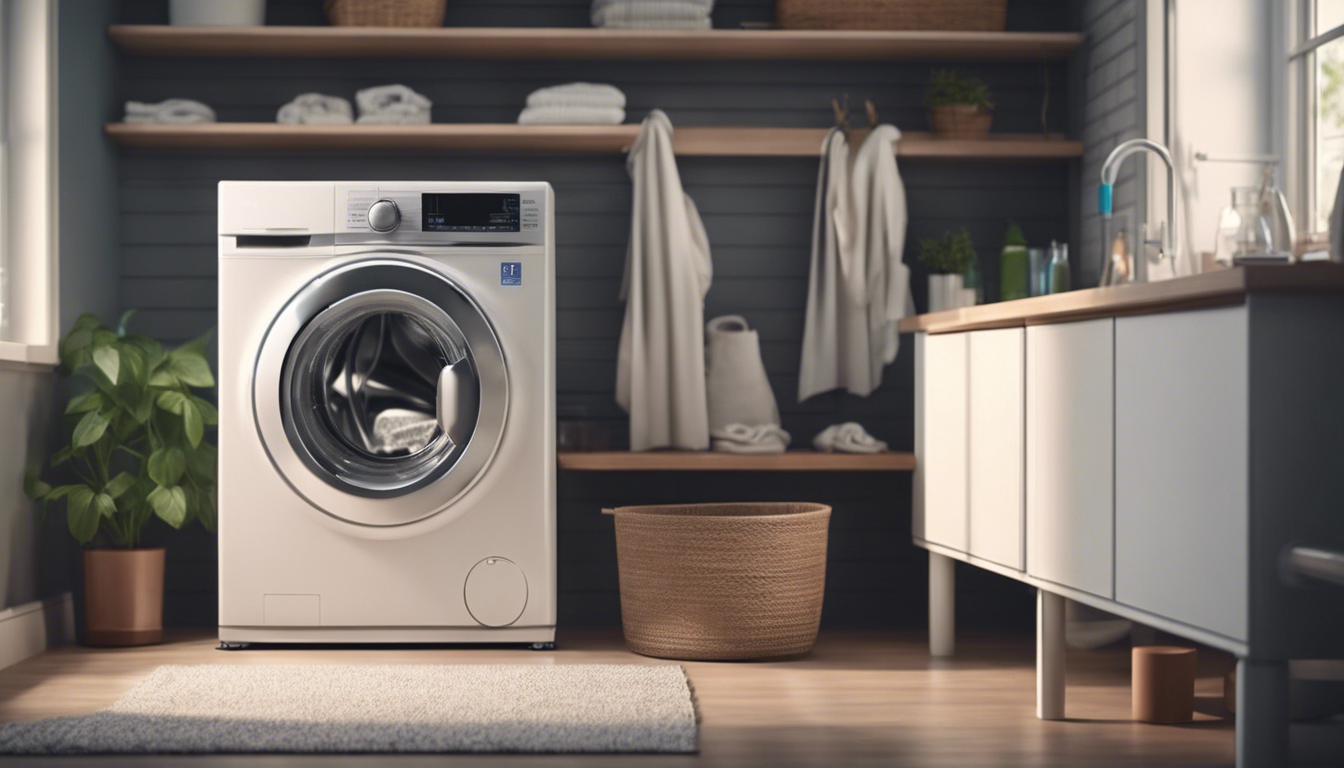Washing machines have evolved significantly from their rudimentary beginnings. Today, they are a testament to technological advancement and consumer-centric innovation. With manufacturers competing fiercely, new features and models are continuously introduced, designed to cater to diverse consumer needs and environmental standards.
One of the most noteworthy trends in the washing machine market is the adoption of smart technology. Modern machines offer features like WiFi connectivity, which allows users to control their washing from their smartphones. These smart appliances can also save energy by optimizing water usage and cycle times based on the load.
Moreover, the market has seen a surge in machines that prioritize eco-friendliness. Recent models boast energy efficiency, reduced water usage, and minimal soap requirements, which not only save costs but also reduce environmental impact. Brands like LG and Samsung have been leading the charge with their high-efficiency models that offer both front and top-load options.
New models hitting the market soon include features like automatic detergent dispensers, which calculate the precise amount of detergent needed based on the load’s weight and level of soiling. This technology ensures optimal cleaning while preventing waste.
Consumer preferences vary significantly across geographies. In Europe, there’s a strong demand for machines with higher efficiency ratings and water-saving features due to high utility costs and environmental awareness. Conversely, in the U.S., the capacity and speed of cleaning are more significant factors influencing buyer decisions. The Asia-Pacific market is rapidly adopting smart washing machines due to increasing connectivity and growing tech-savviness among consumers.
Experts predict that the global washing machine market will continue to grow, driven by rising household incomes and the ongoing replacement of older models with more advanced machines. Market research indicates a projected growth rate of approximately 5% per annum over the next decade.
Historically, the washing machine revolution began in the early 20th century but saw significant consumer uptake only in the post-World War II economic boom. The invention rapidly transformed domestic labor, giving birth to a new era of convenience and hygiene, fundamentally changing household dynamics.
The competitive pricing strategy is immensely important in this industry. Companies often offer promotional deals and discounts to attract customers. During sales events like Black Friday, some of the best deals on high-end models can be found, making it an ideal time for consumers to purchase.
Price comparison and review platforms suggest that among the high-ranking models in 2023 are the LG WM3900HWA and the Samsung WF45T6000AW, known for their efficiency, reliability, and advanced features. These models are often available at competitive prices, providing excellent quality-to-price ratios.
To sum up, whether you’re looking for the latest in appliance technology or the best value for your money, the current washing machine market offers a range of options to suit various needs and preferences. With ongoing advancements and a keen market understanding, consumers can make informed choices about which models will best suit their lifestyle and budget.

